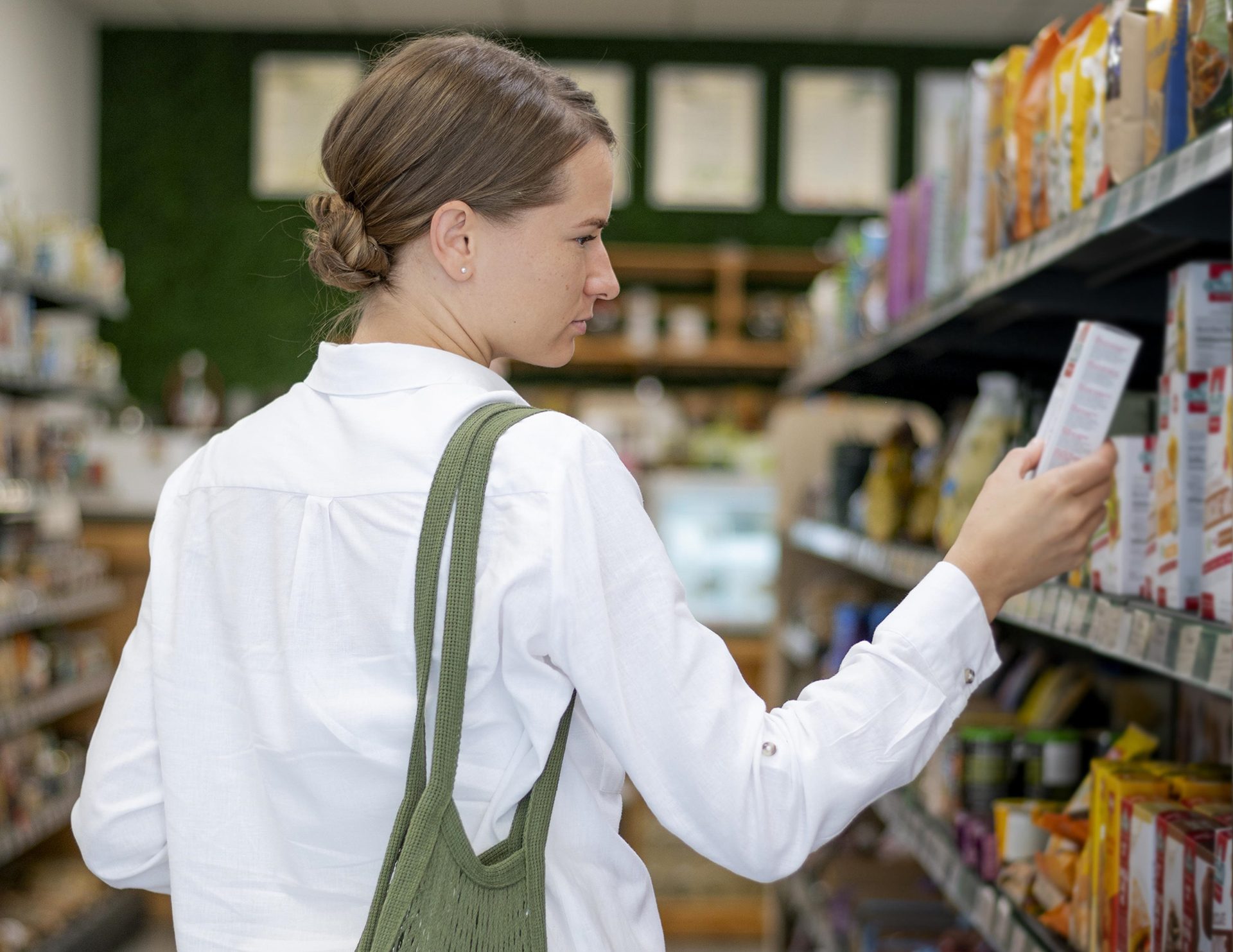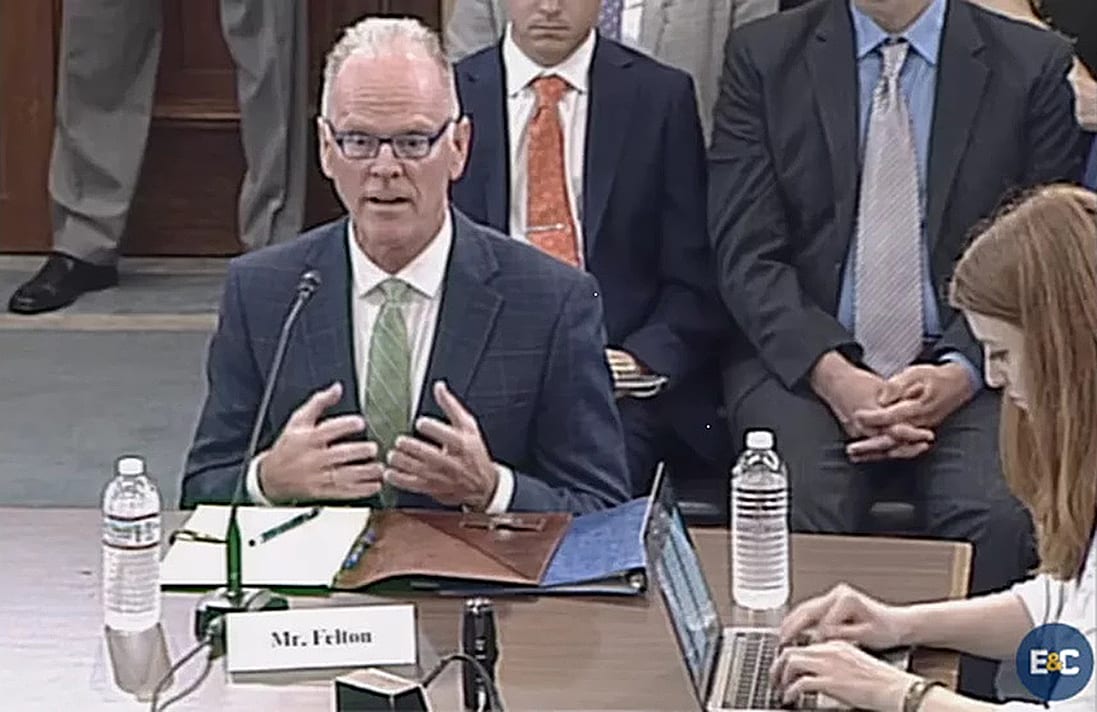Building a Circular Economy
A recent report emphasizes the importance of fostering consumer trust in a circular economy and also cites the challenges of actually achieving one.


Brad Addington
A report that recently caught my attention is “The Tipping Point: Building trust in the circular economy,” developed by BSI in collaboration with the University of Cambridge’s Institute for Sustainability Leadership (CISL).
Among other things, the report touches on consumers’ views of recycled packaging and efforts to achieve a circular economy.
“Our current dominant economic model operates on a linear trajectory: extract resources, manufacture products, use them — often briefly — and then discard them,” the report notes. “Accordingly, global waste generation is on an upward trajectory. The circular economy (CE) represents a systemic shift towards an economy intentionally designed to be restorative and regenerative — and according to our research, 86% of consumers believe it should be a priority for businesses and government.”
The report adds: “While the economic and environmental logic of the circular economy is compelling, its widespread adoption hinges on a critical factor: trust. This is because a transition to circular models requires significant shifts, for businesses and consumers.”
The report’s researchers set out to explore the fundamental pillars required to build trust and reach a “societal tipping point, whereby sustainability becomes the norm, desired by consumers and appealing as a business model.”

Credit: Freepik
Some of the report’s findings:
- 57 percent of people are familiar with the concept of a circular economy, although this varies by age and country.
- The strongest motivator for adopting circular behaviors was “cost savings” (68 percent of respondents put this in the top three) followed by creating “positive environmental impacts” (67 percent).
- 32 percent of respondents cited a lack of trust in environmental claims, with 59 percent believing that a recognized label would build their trust (labels similar to Fairtrade, B-Corp or BSI Kitemark™ were mentioned).
The report minces no words when it comes to the challenges of achieving sustainable food packaging.
“Short product lifespans, fragmented supply chains and reliance on just-in-time logistics, along with stringent cosmetic standards and misinterpreted date labeling, make the sector particularly prone to waste, with edible food discarded at various stages,” the report notes. “The system also lacks coherence on key enablers such as harmonized labeling, collection infrastructure, or policy incentives for recovery and reuse.”
However, the report also points to signs of progress, citing Extended Producer Responsibility (EPR) frameworks that are driving reform and incentivizing sustainable packaging. It’s worth noting that Packaging Strategies recently established an EPR topic page dedicated to all things EPR as it relates to packaging. I encourage you to check it out.
As for companies that are rethinking packaging formats, the report specifically cites Notpla, which specializes in seaweed-based packaging and which has been on Packaging Strategies’ radar for some time now. We also have reported extensively on other types of biobased packaging.
The challenges cited by BSI and CISL in their report reminded me of the testimony of Dan Felton, President and CEO of the Flexible Packaging Association (FPA), when he testified in July of this year before the U.S. House of Representatives Committee on Energy and Commerce (E&C) Subcommittee on Environment during a hearing about recycling innovation and economic growth.

Dan Felton, President and CEO of the Flexible Packaging Association (FPA), testifying in July 2025 before the U.S. House of Representatives Committee on Energy and Commerce (E&C) Subcommittee on Environment during a hearing about recycling innovation and economic growth.
Credit: Flexible Packaging Association
“FPA believes that properly constructed and executed Extended Producer Responsibility (EPR) program laws for packaging are one public policy mechanism that could significantly assist with increasing flexible packaging recovery and recycling in the U.S. through additional funding and infrastructure,” said Felton. “While these laws are not all created equal and some are arguably overreaching in their goals and requirements, FPA is proud to have publicly supported the enabling legislation in Maryland and Minnesota as vehicles we believe have real potential to promote a critical and necessary shift in flexible packaging recycling in the U.S. while not placing overburdensome requirements or restrictions on flexible packaging manufacturers and users.”
As President John F. Kennedy said in that memorable speech in September 1962: “We choose to go to the Moon in this decade and do the other things, not because they are easy, but because they are hard.”

